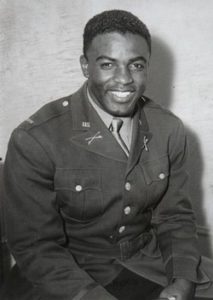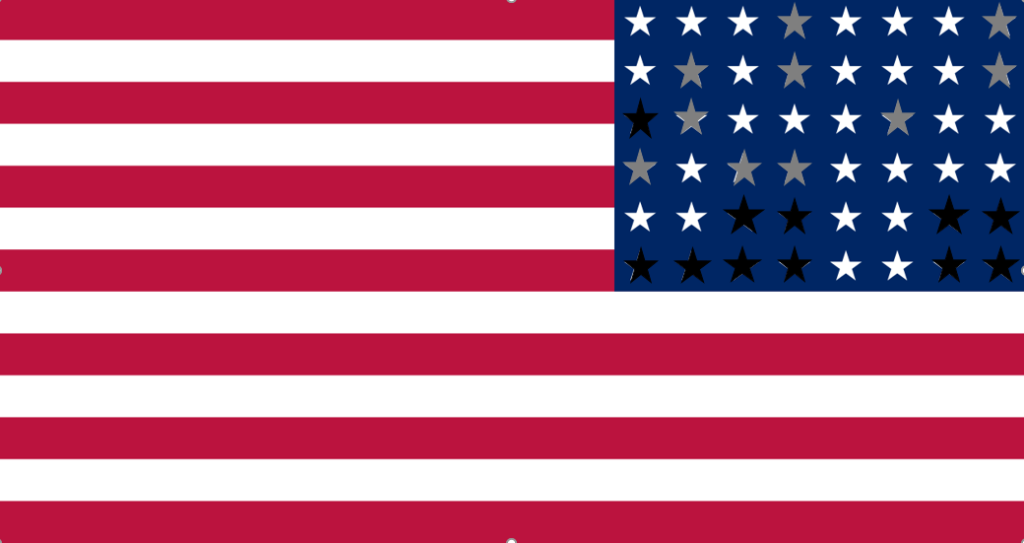A general court-martial, at Fort Hood (texas) decides United states v. Robinson: the jury acquits Second Lieutenant Jack Roosevelt “Jackie” Robinson of insubordination after it had been revealed that he had been baited because of his African heritage.
Postscript: A few days after his victory, Robinson received a letter from the National Association for the Advancement of Colored People informing him that his case did not merit an NAACP attorney (government licensed legal counsel).
NOTE: It was this incident that a year later prompted President Branch Rickey, of the Brooklyn Dodgers, to sign Robinson as the first descendant of freedmen to play in baseball’s major leagues – in the twentieth century. Robinson was already a sports celebrity: He held several national records in Track and Field competition and had been a two-time all-American halfback on the football team, at the University of california, at Los Angeles. “The court-martial of Jackie Robinson” attracted national media attention, as he had established himself as one man who would not back down in the face of racial bigotry. Because of this, Rickey and Robinson both knew that there would be far more abuse than if an established super-star such as Satchel Paige or Josh Gibson had been picked to be first; but Rickey knew that Robinson would be most likely to practice “meekness” (that is to possess the ability physically fight back, but instead practice restraint).
[restored 8/8/2022]
Subsequent Events:
Authority:
Article VI of Amendment
ccc-2point0.com/constitution-for-the-united-states
References:
The Court Martial Case of Jackie Robinson | African American History Blog | The African Americans: Many Rivers to Cross
www.pbs.org/wnet/african-americans-many-rivers-to-cross/history/was-jackie-robinson-court-martialed/


